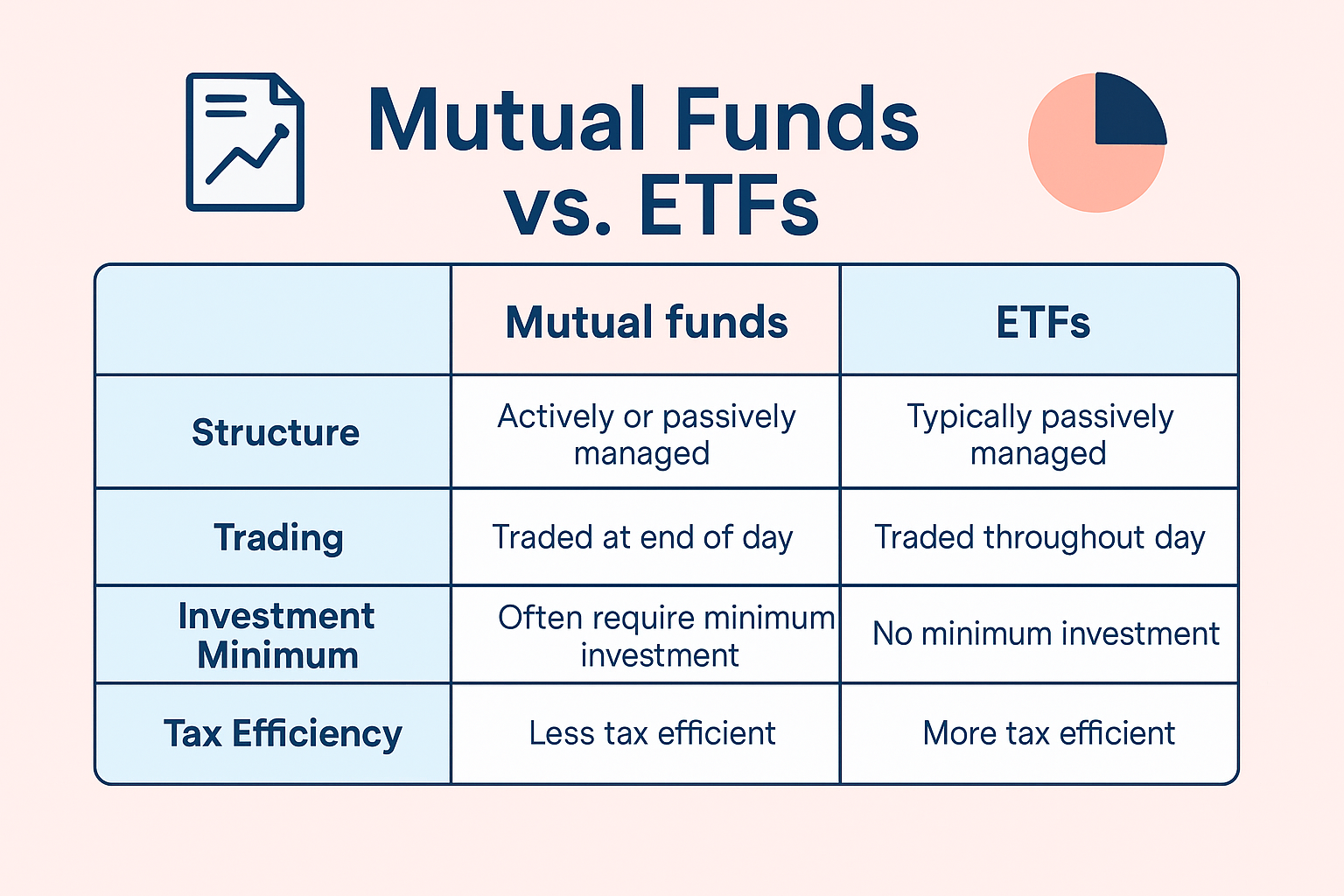What determines a stock’s price?
No matter the type of product, all listed financial instruments have a price. You may be wondering, what factors determine the price of a stock, such as Meta or Apple? And what causes this price to rise or fall? This lesson explains how the price of a stock is determined.
When the stock market moves, most people fixate on headlines. But what actually sets the price of a stock? Let’s break it down in clear, intuitive terms—without the jargon.
1. Supply & Demand Basics
At its core, a stock price is set by one thing: which price buyers and sellers agree on.
- If more people want to buy a stock than sell it, the price goes up.
- If more people want to sell than buy, the price goes down.
That last agreed-upon price becomes the current market price of the stock. Reddit+8Degiro.ie+8Degiro.com+8Wikipedia+1
2. What Moves Supply and Demand?
A) Company Performance & Fundamentals
Investors look at earnings growth, profits, and forecasted future performance.
- Metrics like P/E ratio (price divided by earnings per share) help us gauge whether a stock is fairly valued. A P/E of 20 means you’re paying €20 for €1 of earnings. Wikipedia+2Wikipedia+2
- Models like the Gordon Growth Model estimate intrinsic value based on future dividends—but they have limitations. Reddit+15Investopedia+15Degiro.com+15
B) News, Economic Trends & Sentiment
Stock markets react—often instantly—to:
- Earnings surprises or product announcements
- Inflation data, interest rates, or economic outlooks
- Corporate scandals or positive publicity
These emotional and psychological responses can push prices up or down quickly. Investopedia+14Investopedia+14Degiro.com+14Investopedia
C) Market Mechanics & Order Flow
How orders get processed matters. Large buy orders moving through the system can shift prices even if the fundamentals haven’t changed. This effect is known as market impact. Investopedia+3arxiv.org+3Degiro.ie+3
D) Market Efficiency
According to the Efficient Market Hypothesis, stock prices reflect all public information almost immediately. That’s why reliably outperforming the market is very hard. Wikipedia
3. The “Mr. Market” Analogy
Benjamin Graham’s classic metaphor describes the market as an emotional partner—“Mr. Market.” He offers to buy or sell your share at wildly different prices each day. You decide if you take that deal. Over time, prices tend to reflect the company’s intrinsic value. Wikipedia
Final Thought
Here’s the simplest truth: A stock’s price is what people agree it’s worth right now. Behind that number lies a mix of analysis, sentiment, real-world events, and how orders are processed. Over time, the fundamentals tend to win—but in the short term, human emotion often rules.




